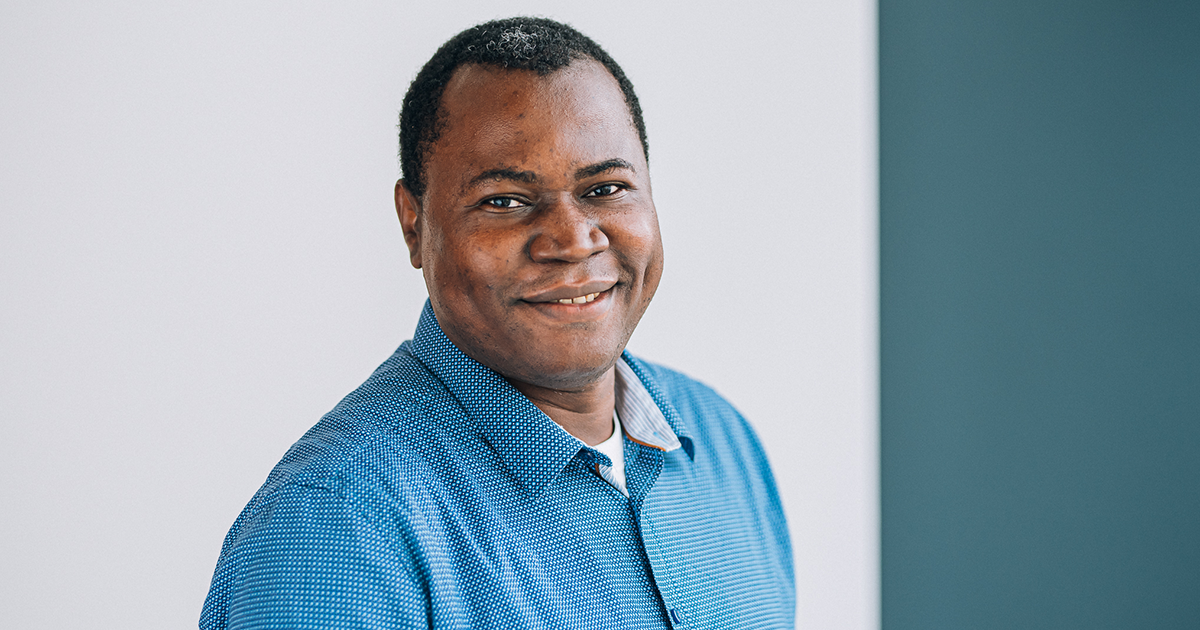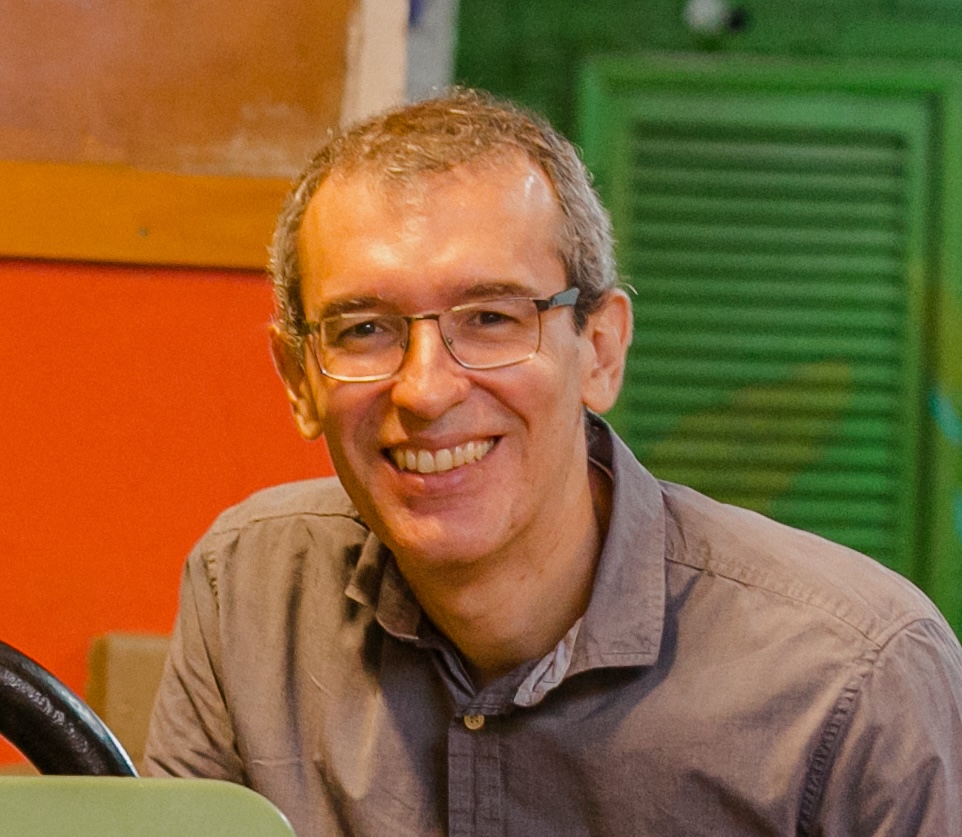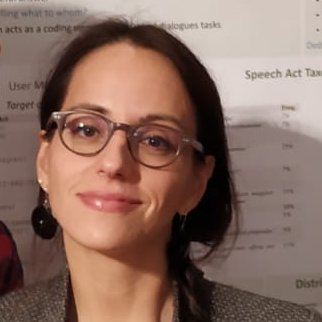Simpósio Brasileiro de Engenharia de Software

Engineering Trustworthy AI Systems
Nowadays, we are witnessing an increasing adoption of Machine Learning (ML) for solving complex real-world problems. However, despite some reports showing that ML models can produce results comparable and even superior to human experts, they are often vulnerable to carefully crafted perturbations and are prone to bias and hallucinations. Ensuring the trustworthiness of software systems enabled by machine learning is a very challenging task. In this talk, I will discuss challenges that we should overcome to build trustworthy ML-enabled systems and present some recent techniques and tools that we have developed in my research team.
Foutse Khomh is a Full Professor of Software Engineering at Polytechnique Montréal, a Canada CIFAR AI Chair on Trustworthy Machine Learning Software Systems, an NSERC Arthur B. McDonald Fellow, and an FRQ-IVADO Research Chair on Software Quality Assurance for Machine Learning Applications. He received a Ph.D. in Software Engineering from the University of Montreal in 2011, with the Award of Excellence. He also received a CS-Can/Info-Can Outstanding Young Computer Science Researcher Prize for 2019. His research interests include software maintenance and evolution, machine learning systems engineering, cloud engineering, and dependable and trustworthy ML/AI. His work has received four ten-year Most Influential Paper (MIP) Awards, and seven Best/Distinguished Paper Awards. He initiated and co-organized the Software Engineering for Machine Learning Applications (SEMLA) symposium and the RELENG (Release Engineering) workshop series. He is co-founder of the NSERC CREATE SE4AI: A Training Program on the Development, Deployment, and Servicing of Artificial Intelligence-based Software Systems and one of the Principal Investigators of the DEpendable Explainable Learning (DEEL) project. He is also a co-founder of Quebec's initiative on Trustworthy AI (Confiance IA Quebec) and Scientific co-director of IVADO. He is on the editorial board of multiple international software engineering journals (e.g., IEEE Software, EMSE, JSEP) and is a Senior Member of IEEE.

Is Configuration Management a Solved Problem
At the start of my PhD journey about 20 years ago, a senior professor questioned my choice to work with Configuration Management (CM), suggesting it was a “solved problem.” Indeed, by the early 2000s, many CM-related problems seemed addressed with reliable tools and processes for handling issues, managing versions, and delivering products. Yet, the challenge of coordinating large teams and multiple artifacts that evolve in parallel and depend on each other, especially across diverse platforms, remains daunting. In this talk, I explore how this initial skepticism led me to investigate CM problems deeply and understand the limitations of existing solutions. I will focus on one of the most intriguing challenges in CM: enabling parallel work while still producing consistent software. The talk blends foundational research, recent research trends, and my very own perspective on working in this seemingly “solved” field. It aims to offer valuable insights not only to CM practitioners and researchers but also to those grappling with traditional Software Engineering problems that face suboptimal solutions.
Leonardo Gresta Paulino Murta é Professor Associado do Instituto de Computação da Universidade Federal Fluminense (UFF), Doutor (2006) e Mestre (2002) em Engenharia de Sistemas e Computação pela COPPE/UFRJ, e Bacharel (1999) em Informática pelo IM/UFRJ. Além disso, é bolsista de Produtividade em Pesquisa nível D e Cientista da FAPERJ. Já publicou em torno de 50 artigos em periódicos e 150 em congressos, tendo ganho diversos prêmios, dentre eles dois ACM SigSoft Distinguished Paper Award, no ASE 2006 e no MSR 2019, e o prêmio de melhor artigo do SBES nas edições de 2009, 2014, 2016, 2020 e 2022. Ele foi membro do comitê de programa do ICSE 2014 e coordenador do comitê de programa do SBQS 2009, SBES 2015, ICSE NIER 2019, AICCSA 2019 e CIbSE 2020, entre outras. Também é editor associado do JBCS desde 2013 e foi editor chefe do JSERD de 2017 a 2020. Tem experiência na área de Ciência da Computação, com ênfase em Engenharia de Software. Seus principais campos de atuação são Gerência de Configuração e Proveniência. Mais informações podem ser obtidas em http://www.ic.uff.br/~leomurta.

The Emotional Side of Software Development
Emotions play a crucial role in our daily lives, significantly impacting our cognitive abilities and, consequently, our job performance. This phenomenon extends to software development as it demands creativity and problem-solving skills, which are both heavily influenced by our emotional states. This talk will explore the intersection of emotions and software development, focusing on the importance of early detection of negative emotional states such as stress and frustration, whose timely recognition can facilitate prompt interventions, potentially preventing burnout and reducing unwanted turnover. I will present an overview of recent research findings on developers' emotions and their correlation with self-reported productivity. Building on this foundation, I will discuss the opportunities and challenges associated with the design and implementation of tools to enhance developers’ emotional awareness, both at individual and team levels.
Nicole Novielli is an Associate Professor of Computer Science at the University of Bari, Italy. Her research interests lie at the intersection of software engineering and affective computing with a specific focus on emotion mining from software repositories, natural language processing of developers’ communication traces, and biometric recognition of developers’ emotions. She was the Program co-Chair of the 19th Int. Conf. on Mining Software Repositories (MSR 2022) and the 30th IEEE Int. Conf. on Software Analysis, Evolution and Reengineering (SANER 2023). She is a member of the editorial board of the Empirical Software Engineering Journal (Springer) and the Journal of Systems and Software (Elsevier).